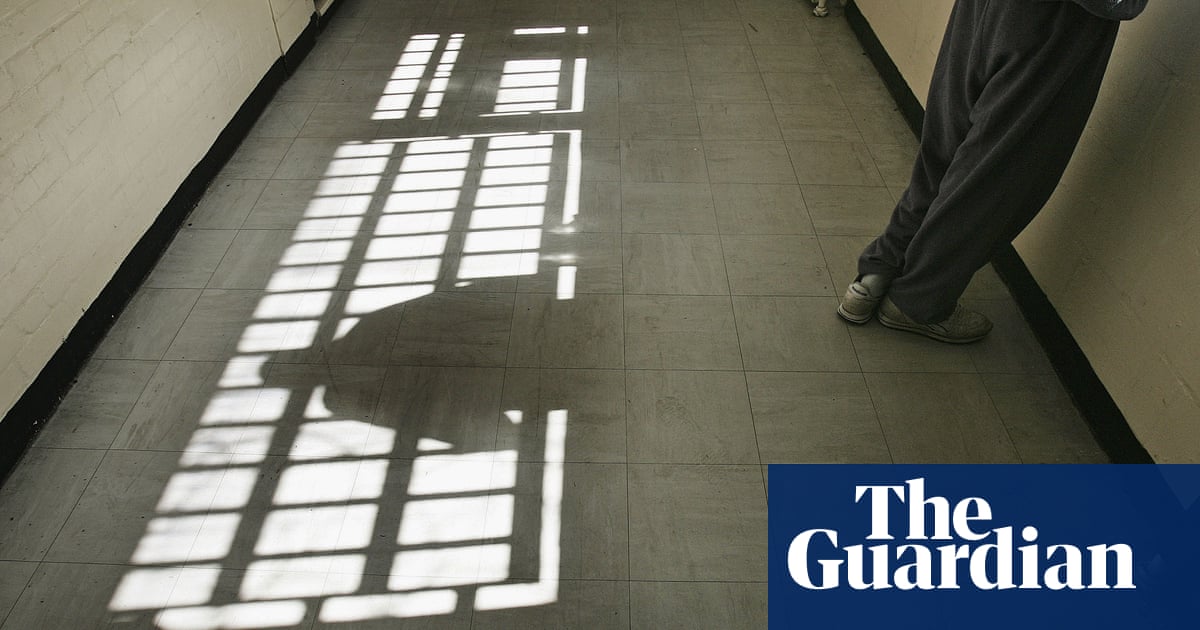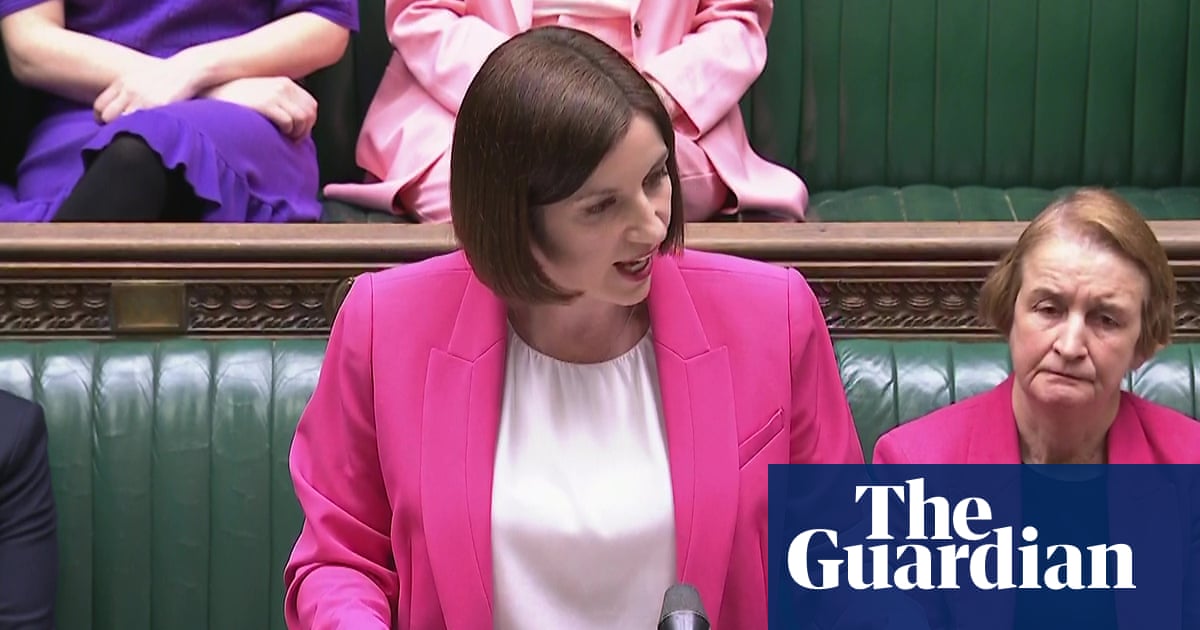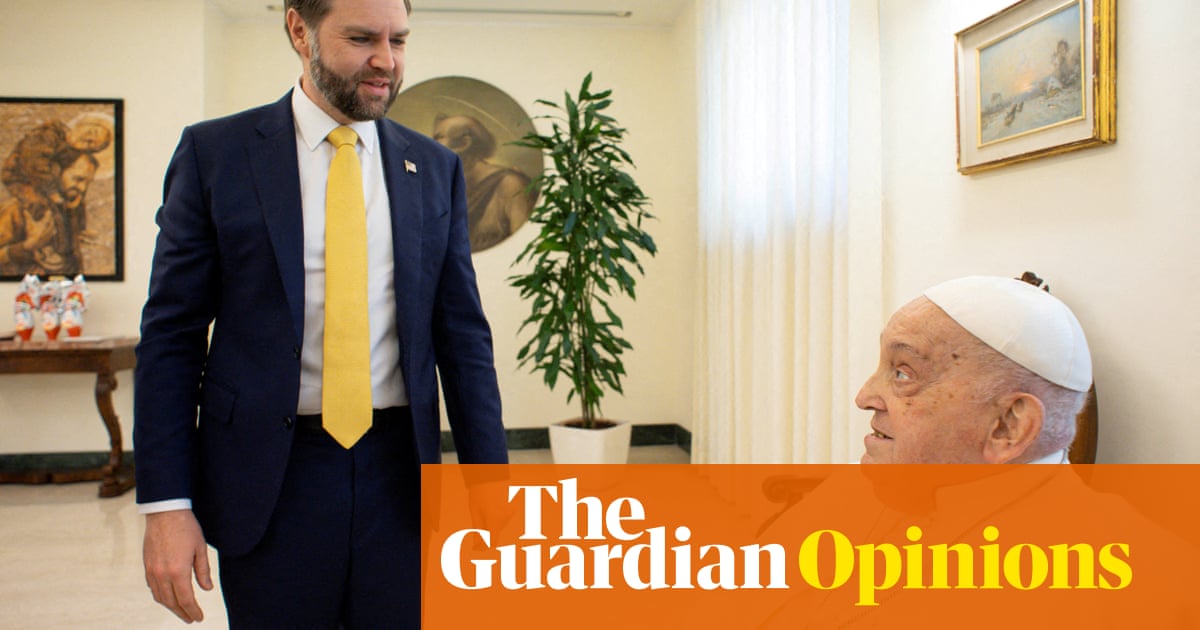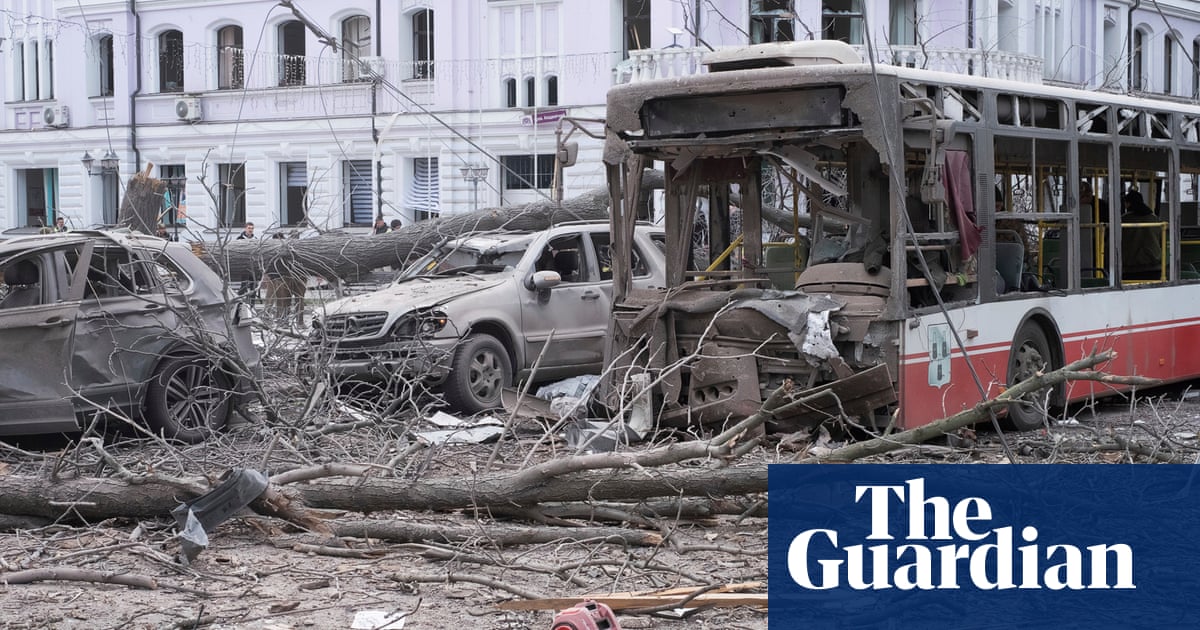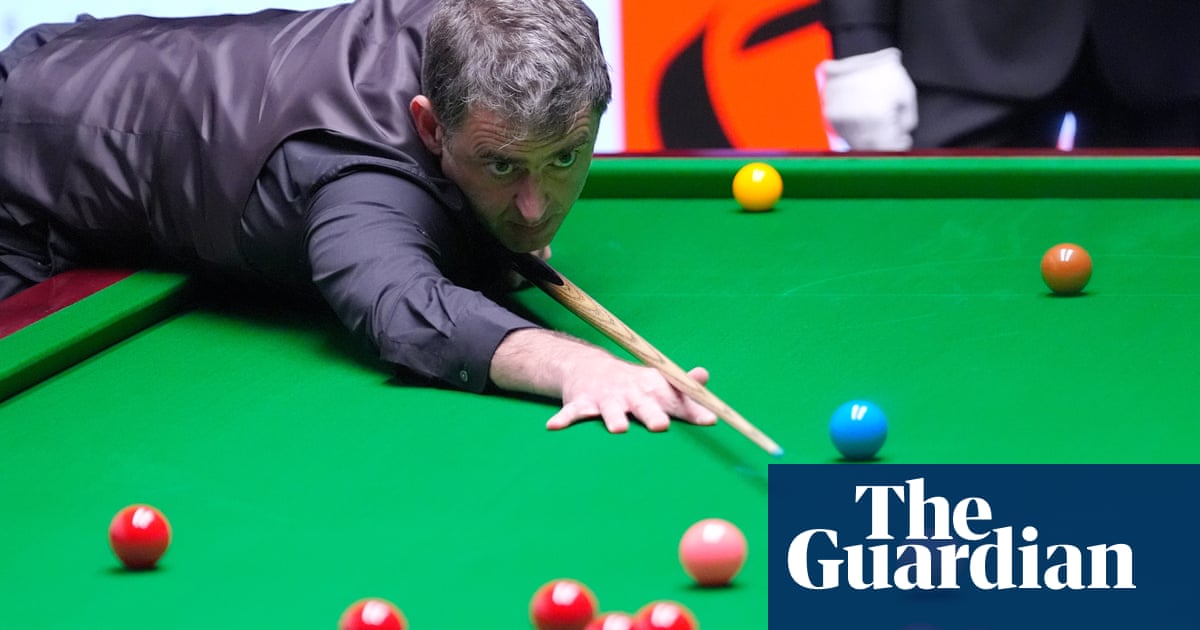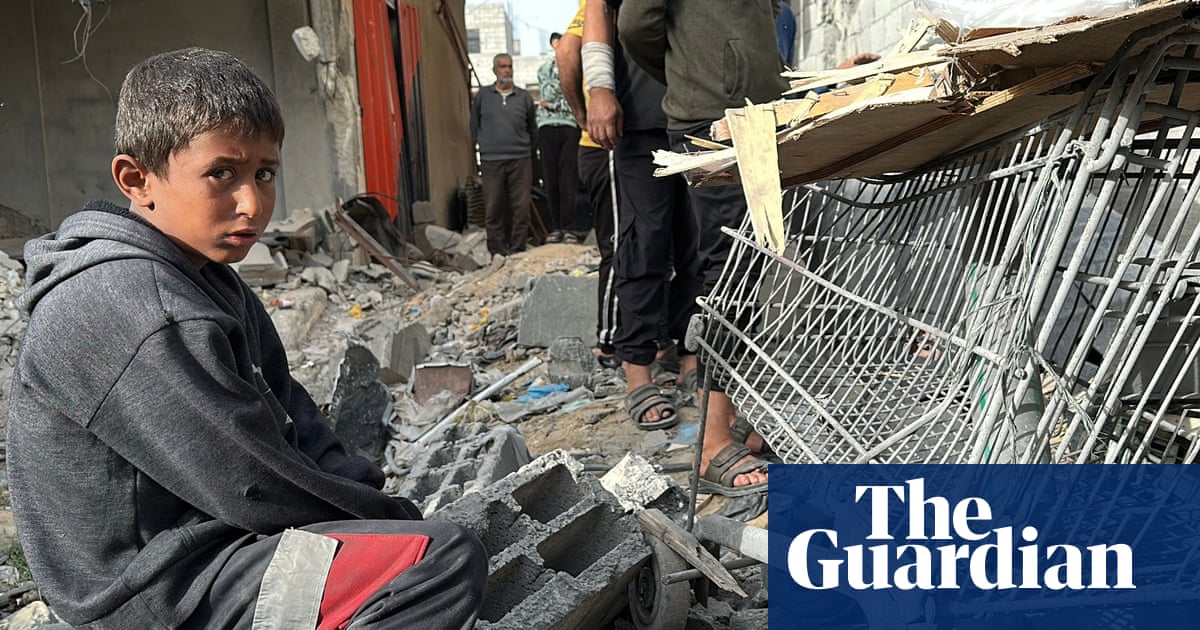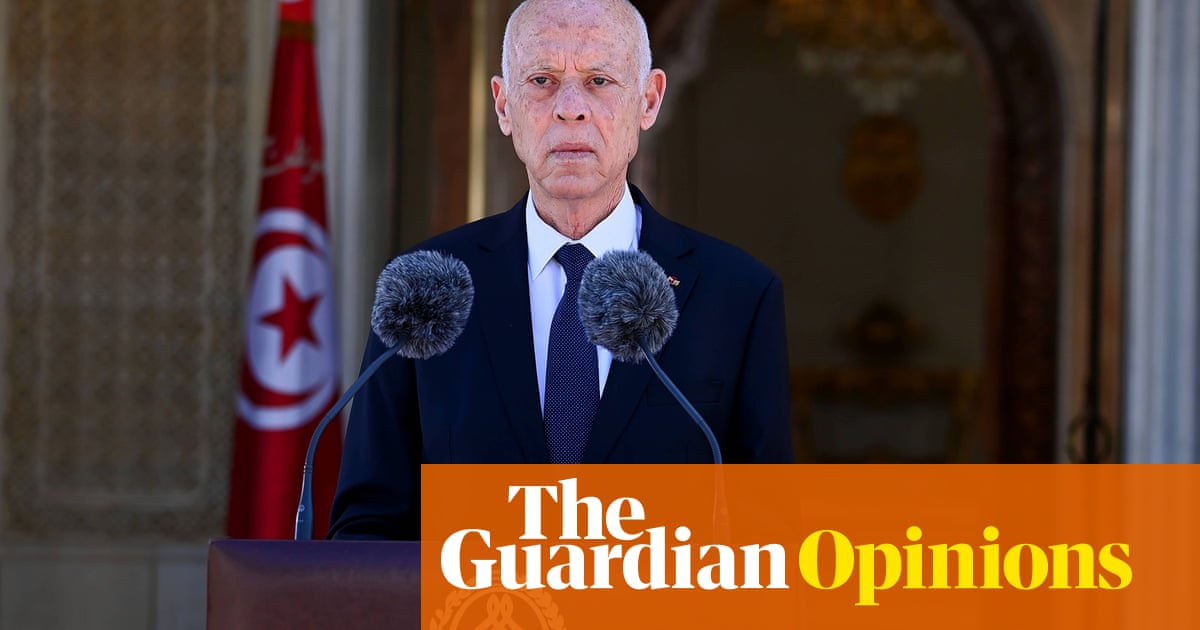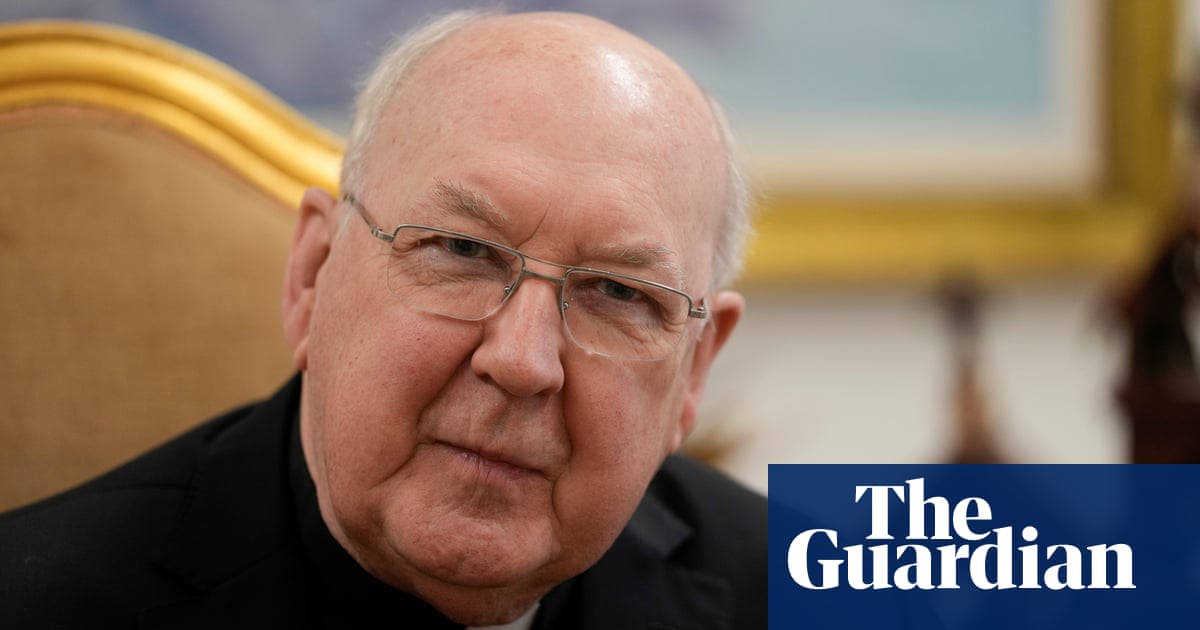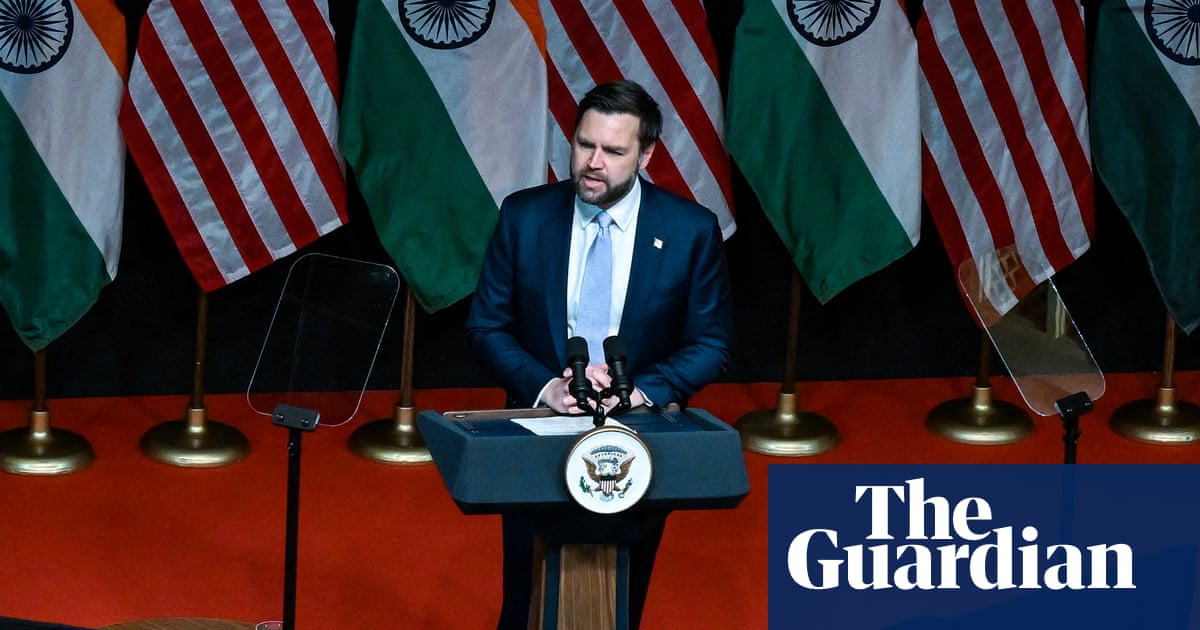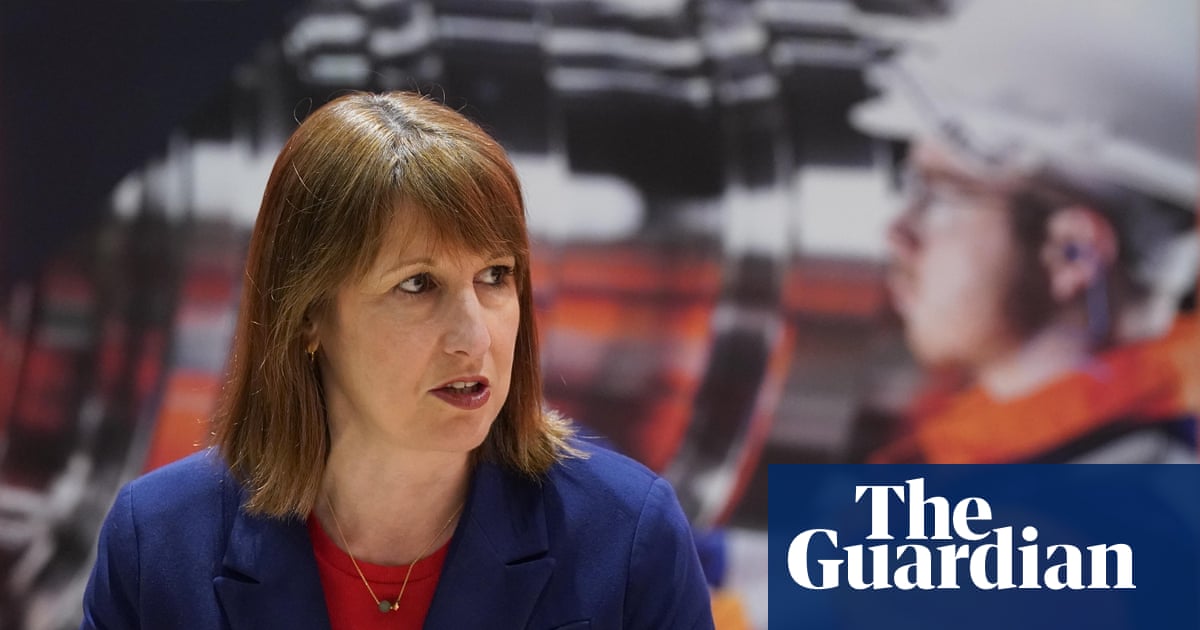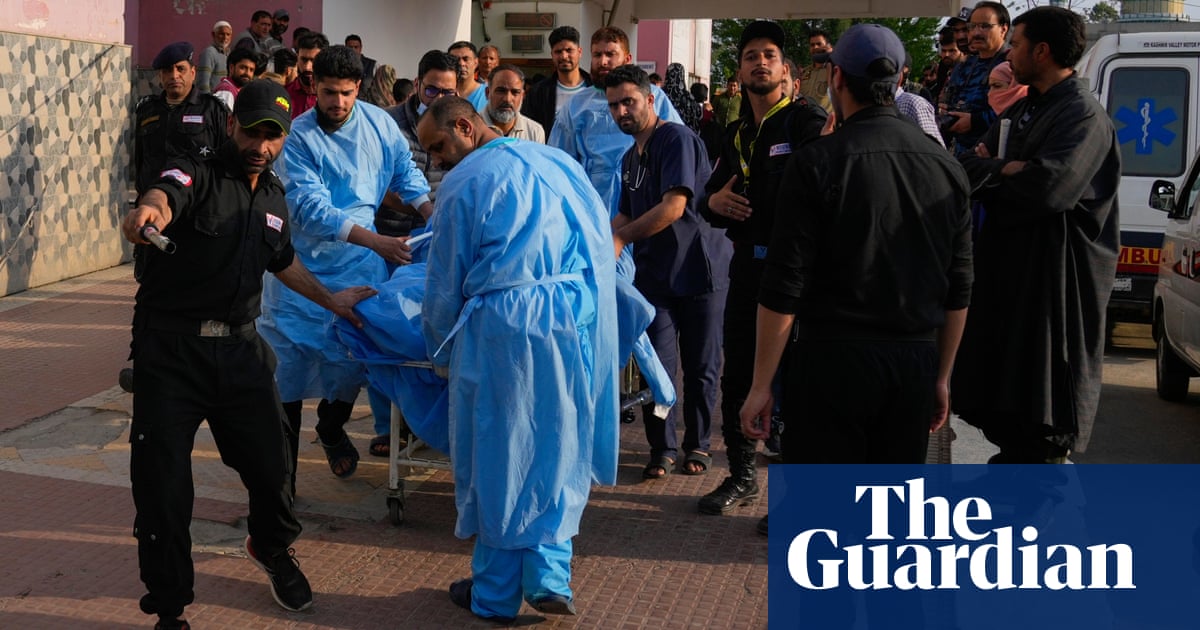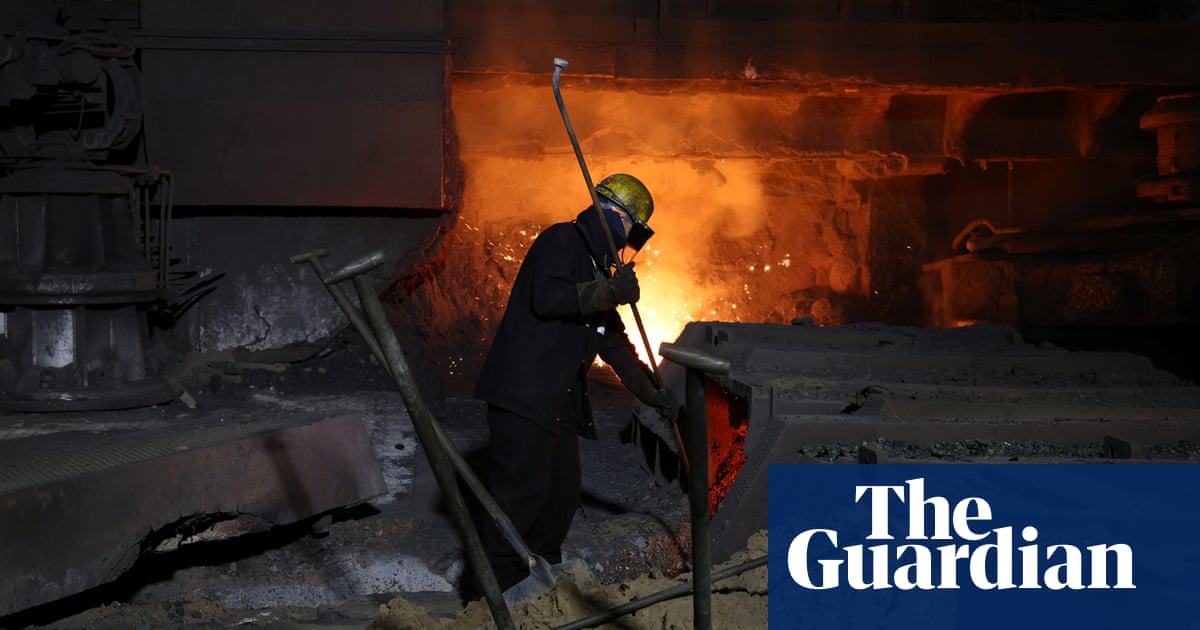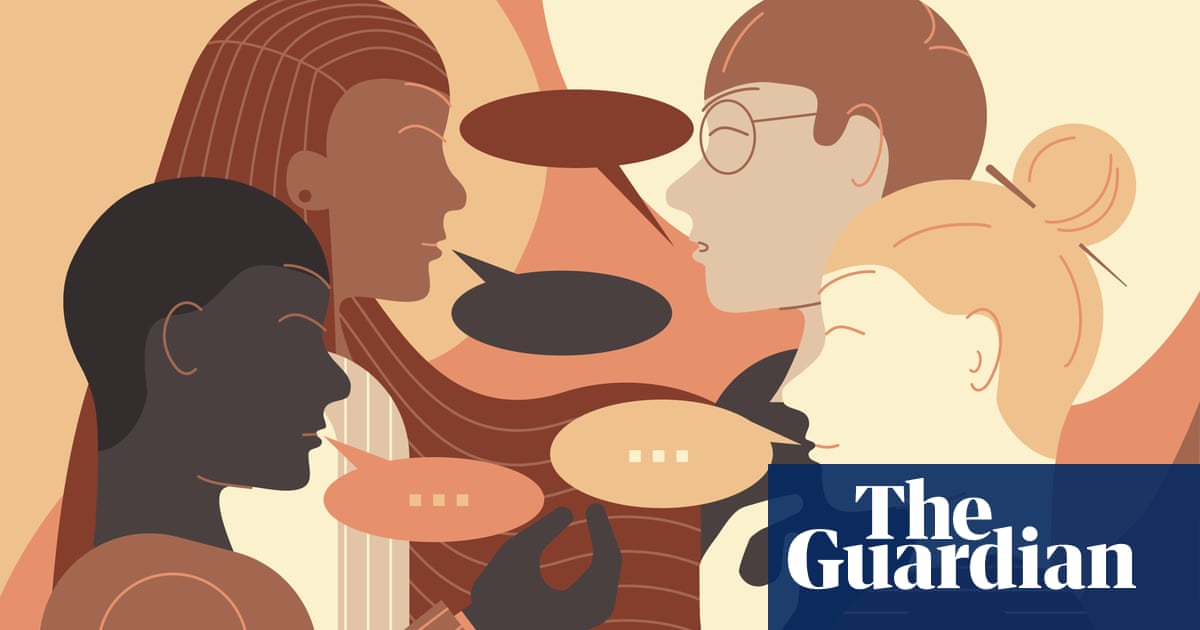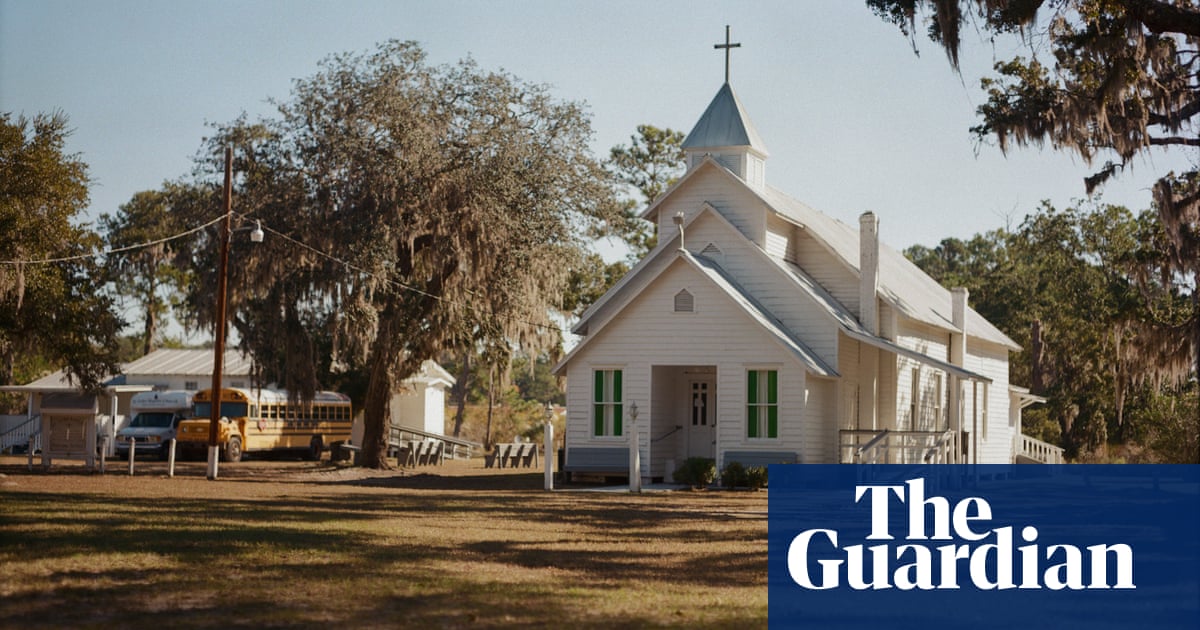Tucked away in a tangle of streets around Rome’s Termini station is a clinic that sharply contrasts with the hardline, anti-migrant stance of Italian politicians.
The Samifo Centre is described by the people behind it as Europe’s – and perhaps the world’s – only publicly funded service aimed at treating post-traumatic stress disorder and trauma among asylum seekers and refugees.
More than 2,000 people were treated at the clinic last year, ranging from refugees who had fled the Taliban to survivors of Mediterranean shipwrecks and Ukrainians who left their homes as Russian tanks rolled on to their streets. Many had experienced violence and torture in their home countries as well as en route to Europe.
“We are witnesses to the horror of the world,” says the centre’s director, Giancarlo Santone.
Launched in 2006, the centre was born out of a need to address a gaping void in the healthcare system: while many of those seeking asylum had faced torture, persecution or violence, little was on offer to help them move past these experiences once they started to settle into their new lives.
What has emerged is a one-of-a-kind space: doctors to attend to people’s immediate healthcare issues; an all female-run gynaecology clinic for women who are pregnant or survivors of sexual violence; specialised psychologists and psychiatrists to treat trauma; and a forensic doctor to certify signs of mistreatment and torture if needed for asylum claims.

The centre, run by a local public health care authority in collaboration with the Astalli Centre, the Italian branch of the Jesuit Refugee Service, also has 27 interpreters who double as cultural mediators, helping people navigate legal and social barriers and access the centre’s training opportunities.
Nearly two decades after its launch, its focus has remained unchanged even as the number of migrants landing on Italy’s shores has swelled nearly tenfold.
As governments across Europe crack down on migration, asylum seekers are taking increasingly dangerous routes to reach Europe and the centre has been among the civil society organisations left to grapple with the fallout.
The help the Samifo centre provides to asylum seekers and refugees has been life-changing. When Duclair, a 39-year-old originally from Cameroon, arrived in Rome in 2018, the former law student knew something wasn’t quite right. For much of the previous year he had scrambled to find a safe haven after fleeing his home, a quest that sent him on a 2,000-mile journey that spanned several countries, the Sahara and an agonising boat trip across the Mediterranean.
“When you’re on the move, you don’t have time for reflection, you’re thinking only about survival,” says Duclair, who asked that his last name not be published. “But when things calm down, these emotions start to consume you. You’re transported back to those moments of terror and the wounds that you forgot about are re-opened.”
The journeys undertaken by refugees and asylum seekers often span months or years, during which time they have scant access to healthcare. Martino Volpatti, a social worker with the Astalli Centre, says: “By the time they arrive here, they’ve usually got quite a few issues.”

Many have had to take great risks to make it to safety: battling fierce currents in the Atlantic and metres-high waves in the Mediterranean, being repeatedly beaten or pushed back, or living rough on the periphery of Europe.
after newsletter promotion
Others have been left to the mercy of agreements with third countries, such as Libya and Tunisia, where practices such as beatings, sexual violence and imprisonment have been documented. Non-governmental organisations have argued that the EU’s increased focus on deterrence, detention and sealing its borders is creating more risks for people.
“These policies are pushing migrants to take more dangerous paths, which increases the risks to their health,” says the Spain-based campaign group Salud por Derecho (Right to Health). “This situation is not an inevitable consequence of the migration process, but a political decision.”
At the Samifo Centre, the hardening debate around migration has also complicated efforts towards integration.
“The asylum seekers can feel it. At times they face racism or intolerance,” says Volpatti. “These are people living in precarious situations that at times are exacerbated by a generalised mistrust in them. Not always or among everyone, but it’s clear that the climate isn’t a good one right now.”
As racism becomes normalised and at times championed by rightwing and far-right politicians, it has taken a toll, says Santone. “It is well established that racism increases the incidence of mental health disorders as well as the risk of psychosis, as you start not to trust anyone any more.”
Six years after he arrived in Italy, Duclair has learned Italian and secured a job as a social worker after retraining. He is swift to acknowledge, however, that none of it would have been possible if he hadn’t learned to cope with the psychological issues that lingered long after he reached Europe.
“It is essential,” he says. “For someone who just arrived in a country and doesn’t speak the language, he needs to be guided, he needs help. That’s how we get through the suffering, whether it took place in the desert or in the Balkans.”

.png) 2 months ago
29
2 months ago
29
